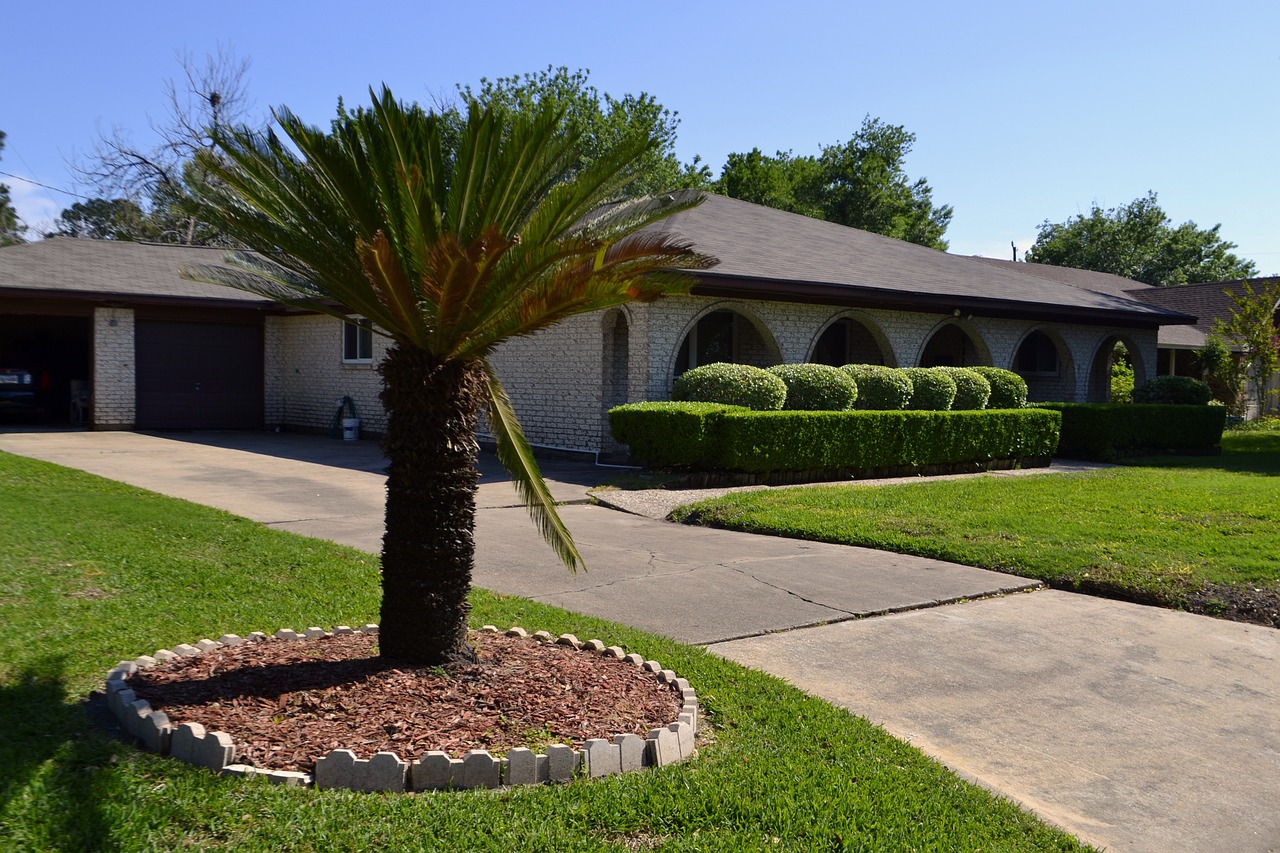The Importance of Proper Ventilation in Air Conditioning Systems
Aircon Repair: In HVAC systems, air circulation plays a crucial role in maintaining indoor air quality and temperature control. Proper air circulation helps in distributing conditioned air evenly throughout the space, ensuring that every corner receives adequate heating or cooling. Without effective air circulation, certain areas may experience temperature variations, leading to discomfort for occupants.
Moreover, air circulation in HVAC systems helps in reducing energy consumption by ensuring that the conditioned air is evenly distributed. When air is circulated efficiently, the system doesn’t have to work as hard to reach the desired temperature, resulting in lower energy bills. Additionally, proper air circulation can also help in reducing the workload on the HVAC system, leading to fewer maintenance issues and a longer lifespan for the equipment.
Negative Effects of Poor Ventilation in Air Conditioning Units
Poor ventilation in air conditioning units can lead to a build-up of contaminants in the indoor air, including dust, mold, and bacteria. These harmful particles can exacerbate respiratory issues and allergies, causing discomfort and potential health problems for occupants. Additionally, inadequate ventilation can result in increased humidity levels, creating a breeding ground for mold and mildew to thrive within the HVAC system, further compromising air quality.
Furthermore, insufficient ventilation can impede the proper circulation of air, leading to uneven temperature distribution throughout the space. This not only affects the comfort of individuals but also results in heightened energy consumption as the system works harder to maintain desired temperatures. Inadequate ventilation can also lead to the accumulation of unpleasant odors in the indoor environment, creating an uncomfortable atmosphere for occupants.
- Poor ventilation in air conditioning units can lead to a build-up of contaminants in the indoor air
- Harmful particles such as dust, mold, and bacteria can exacerbate respiratory issues and allergies
- Increased humidity levels due to inadequate ventilation create a breeding ground for mold and mildew
- Insufficient ventilation can impede proper circulation of air, leading to uneven temperature distribution
- Heightened energy consumption occurs as the system works harder to maintain desired temperatures
- Accumulation of unpleasant odors in the indoor environment creates discomfort for occupants
How Proper Ventilation Improves Indoor Air Quality
Proper ventilation plays a crucial role in enhancing indoor air quality. By ensuring a constant flow of fresh air into the space, ventilation helps in reducing the concentration of indoor air pollutants such as volatile organic compounds (VOCs), mold, and allergens. This continuous air exchange also helps in removing excess moisture from the air, which can prevent the growth of mold and mildew, improving the overall air quality in the indoor environment.
Additionally, proper ventilation aids in diluting and removing odors from indoor spaces, creating a more pleasant and comfortable living or working environment. By allowing for the circulation of fresh air throughout the area, ventilation helps in preventing the accumulation of stagnant air that can be laden with harmful particles and pollutants. Ultimately, investing in proper ventilation systems is essential for maintaining a healthy indoor environment and ensuring superior air quality for occupants.
Why is air circulation important in HVAC systems?
Proper air circulation in HVAC systems helps to evenly distribute temperature throughout a space, reduce humidity levels, and remove air pollutants.
What are some negative effects of poor ventilation in air conditioning units?
Poor ventilation in air conditioning units can lead to the accumulation of indoor air pollutants, increased humidity levels which can promote mold growth, and discomfort for occupants.
How does proper ventilation improve indoor air quality?
Proper ventilation helps to remove indoor air pollutants, control humidity levels, and provide a continuous supply of fresh air, leading to a healthier and more comfortable indoor environment.







